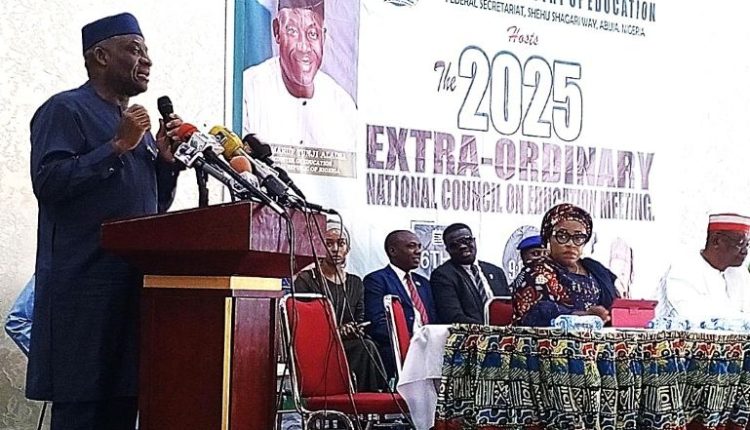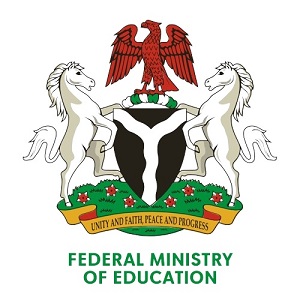In a landmark reform, the Federal Government of Nigeria has scrapped the existing Junior and Senior Secondary School (JSS & SSS) system, replacing it with a 12-year uninterrupted basic education structure.
This decision was officially announced by the Minister of Education, Dr. Tunji Alausa, during the 2025 Extraordinary National Council on Education meeting in Abuja.
The newly adopted system aims to address critical issues in the country’s education sector, including reducing school dropout rates, eliminating financial constraints, and equipping students with practical skills.
- Delta Airlines Offers $30,000 Compensation to Passengers After Toronto Plane Crash
- FG Bans 60,000 Litres Petroleum Tankers to Curb Accidents & Explosions on Nigerian Roads
- 94-Year-Old Man Registers for 2025 UTME, Fulfills Lifelong Dream
- 23-year-old Ekiti Man Arrested for Allegedly Attempting to Use Nephew for Money Ritual
- Australian Woman Annie Knight, who Set a Goal to Sleep with 1000 Men in 2025, Says She’s Ready for Love
- Late Herbert Wigwe’s 90-year-old Father Takes his Grand-daughter to Appeal Court over her Father’s Estate
Under this new structure, students will complete 12 years of basic education before proceeding to tertiary institutions. Additionally, the government has introduced a minimum entry age of 16 years for higher education.
Key Features of the New Education System
1.Vocational and Entrepreneurial Skill Development: The curriculum will now incorporate 15 new trade and skill-based subjects to enhance students’ employability and practical knowledge.
2.Global Standards Alignment: The reform is designed to ensure Nigeria’s education system meets international benchmarks while addressing local educational needs.
3.Infrastructure & Teacher Training: The government has outlined measures to improve school facilities, enhance teacher training, and revise the curriculum to accommodate the new learning model.

This policy shift marks one of the most significant overhauls in Nigeria’s education history and is expected to shape a more skill-driven and inclusive learning environment for students across the country.












